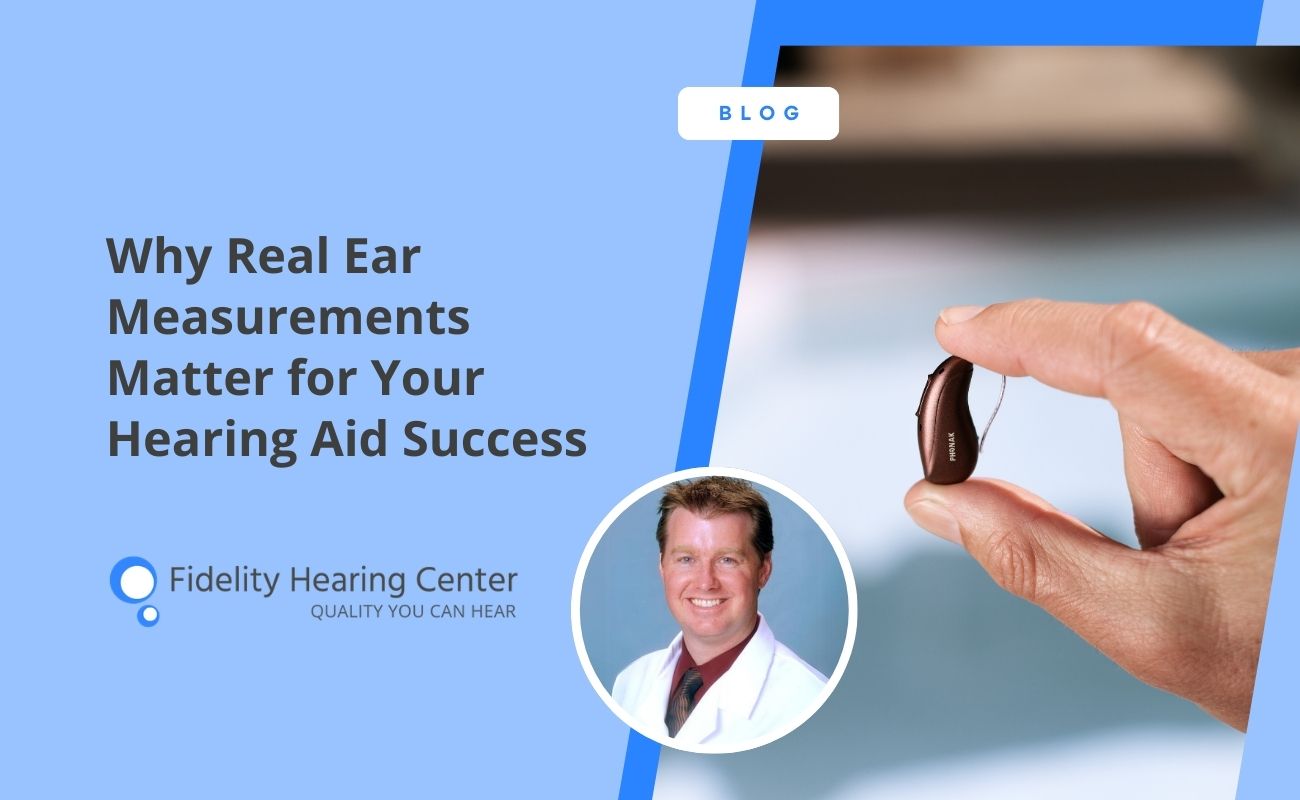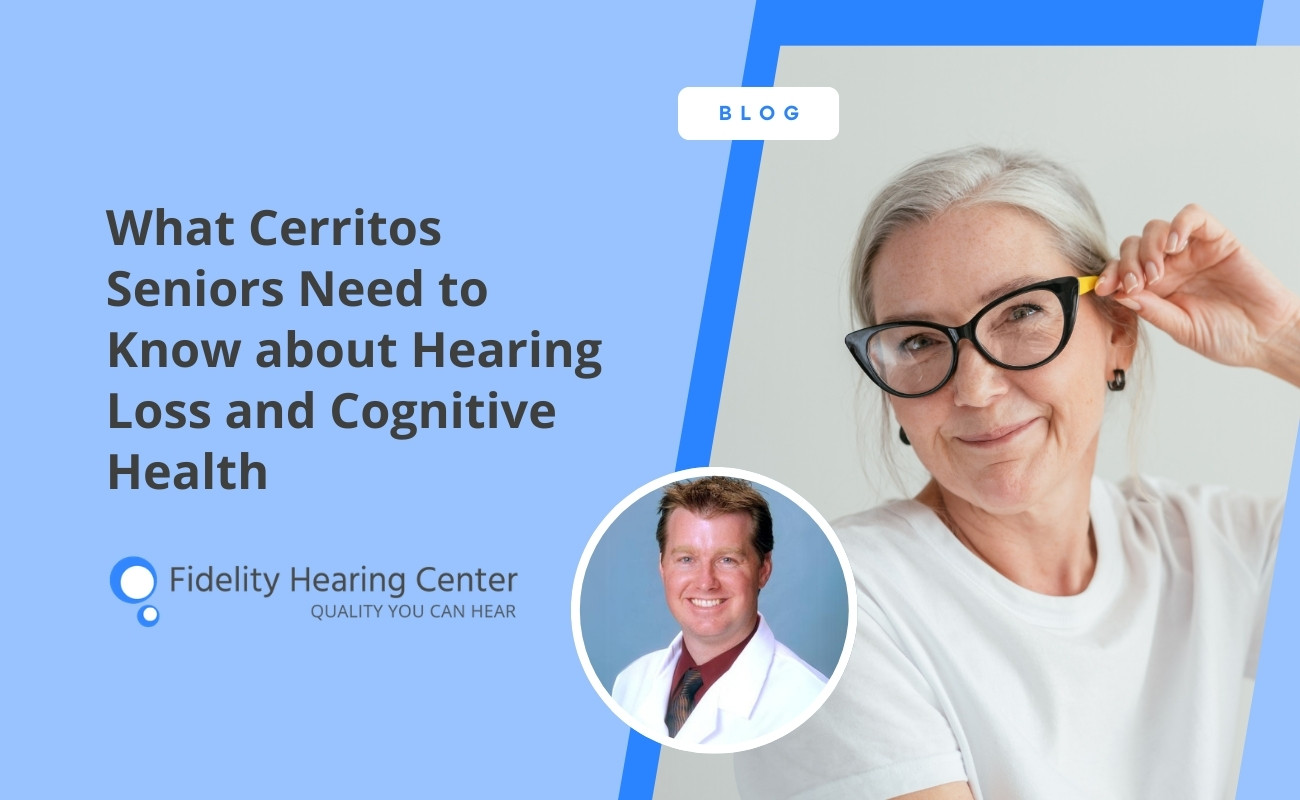Do you remember the Q-Ray Bracelets? You know, the magnetic bracelets that vowed to offer you instantaneous and significant pain relief from arthritis and other chronic ailments?
Well, you won’t see much of that marketing anymore; in 2008, the manufacturers of the Q-Ray Bracelets were legally required to give back customers a maximum of $87 million due to misleading and fraudulent advertising.1
The problem had to do with making health claims that were not backed by any scientific facts. In fact, strong research existed to show that the magnetized bracelets had NO effect on pain reduction, which did not bode well for the developer but did wonders to win the court case for the Federal Trade Commission.2
The wishful thinking fallacy
Ok, so the Q-Ray bracelets didn’t function (outside of the placebo effect), yet they ended up selling extremely well. What gives?
Without diving into the depths of human psychology, the easy answer is that we have a powerful propensity to believe in the things that may appear to make our lives better and quite a bit easier.
On an emotional level, you’d love to believe that putting on a $50 wristband will eradicate your pain and that you don’t have to bother with high-cost medical and surgical procedures.
If, for example, you happen to struggle with chronic arthritis in your knee, which option seems more enticing?
a. Booking surgery for a complete knee replacement
b. Taking a trip to the mall to purchase a magnetic bracelet
Your natural inclination is to give the bracelet a try. You already want to trust that the bracelet will get the job done, so now all you need is a little push from the marketers and some social confirmation from seeing other people donning them.
But it is exactly this natural instinct, together with the inclination to seek out confirming evidence, that will get you into the most trouble.
If it sounds too good to be true…
Keeping in mind the Q-Ray bracelets, let’s say you’re having difficulties from hearing loss; which approach sounds more appealing?
a. Booking an appointment with a hearing professional and obtaining professionally programmed hearing aids
b. Purchasing an off-the-shelf personal sound amplifier on the web for 20 bucks
Much like the magnetized wristband seems much more appealing than a visit to the doctor or surgeon, the personal sound amplifier seems to be much more desirable than a trip to the audiologist or hearing instrument specialist.
But unfortunately, as with the magnetic wristbands, personal sound amplifiers won’t cure anything, either.
The difference between hearing aids and personal sound amplifiers
Before you get the wrong idea, I’m not saying that personal sound amplifiers, also referred to as PSAPs, are fraudulent — or even that they don’t function.
On the contrary, personal sound amplifiers often do give good results. Just like hearing aids, personal sound amplifiers consist of a receiver, a microphone, and an amplifier that capture sound and make it louder. Thought of on that level, personal sound amplifiers work reasonably well — and for that matter, so does the act of cupping your hands behind your ears.
However when you ask if PSAPs work, you’re asking the wrong question. The questions you should be asking are:
- How well do they deliver the results?
- For which type of individual do they function best?
These are exactly the questions that the FDA addressed when it produced its recommendations on the distinction between hearing aids and personal sound amplifiers.
As outlined by the FDA, hearing aids are defined as “any wearable instrument or device designed for, offered for the purpose of, or represented as aiding persons with or compensating for, impaired hearing.” (21 CFR 801.420)3
On the contrary, personal sound amplifiers are “intended to amplify environmental sound for non-hearing impaired consumers. They are not intended to compensate for hearing impairment.”
Even though the distinction is transparent, it’s simple for PSAP manufacturers and sellers to avoid the distinction by simply not discussing it. For example, on a PSAP package, you may find the tagline “turning ordinary hearing into extraordinary hearing.” This promise is imprecise enough to avoid the matter completely without having to define exactly what the slogan “turning ordinary hearing into extraordinary hearing” even means.
You get what you pay for
As outlined by by the FDA, PSAPs are straightforward amplification devices meant for those with normal hearing. So if you have normal hearing, and you are looking to hear better while you are hunting, bird watching, or listening in to distant conversations, then a $20 PSAP is ideally suited for you.
If you have hearing loss, however, then you’ll need to have professionally programmed hearing aids. Although more costly, hearing aids contain the power and features necessary to address hearing loss. Listed below are some of the reasons why hearing aids are superior to PSAPs:
- Hearing aids amplify only the frequencies that you have difficulty hearing, while PSAPs amplify all sound indiscriminately. By amplifying all frequencies, PSAPs won’t permit you to hear conversations in the presence of background noise, like when you’re at a party or restaurant.
- Hearing aids have integrated noise minimization and canceling functions, while PSAPs do not.
- Hearing aids are programmable and can be fine-tuned for maximum hearing; PSAPs are not programmable.
- Hearing aids contain various features and functions that minimize background noise, enable phone use, and provide for wireless connectivity, for example. PSAPs do not typically possess any of these features.
- Hearing aids come in diverse styles and are custom-molded for optimum comfort and cosmetic appeal. PSAPs are typically one-size-fits-all.
Seek the help of a hearing professional
If you think that you have hearing loss, don’t be enticed by the inexpensive PSAPs; rather, schedule a consultation with a hearing specialist. They will be able to accurately quantify your hearing loss and will make sure that you get the correct hearing aid for your lifestyle and needs. So despite the fact that the low-priced PSAPs are tempting, in this circumstance you should go with your better judgment and seek professional help. Your hearing is well worth the hassle.
Sources
- Federal Trade Commission: Appeals Court Affirms Ruling in FTCs Favor in Q-Ray Bracelet Case
- National Center for Biotechnology Information: Effect of “ionized” wrist bracelets on musculoskeletal pain: a randomized, double-blind, placebo-controlled trial
- Food and Drug Administration: Guidance for Industry and FDA Staff: Regulatory Requirements for Hearing Aid Devices and Personal Sound Amplification Products


.jpg)



.png)